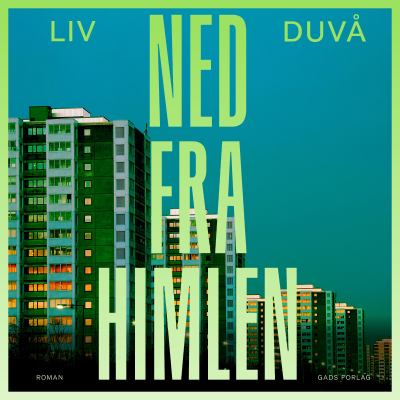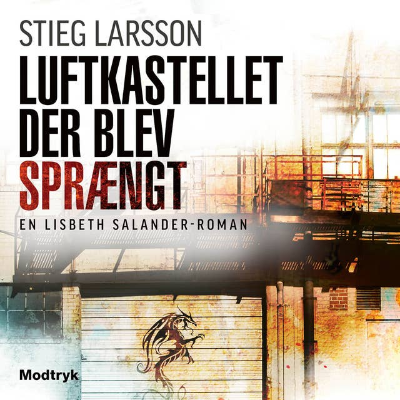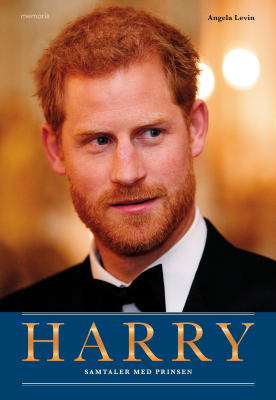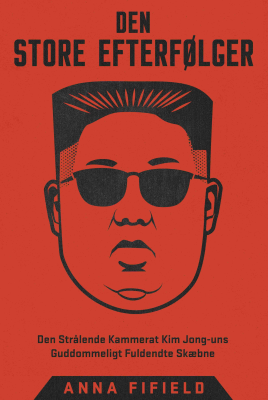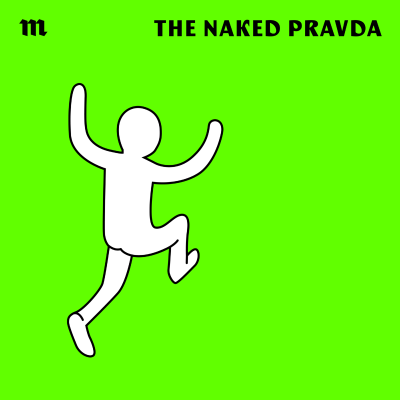
The Naked Pravda
Podcast af Медуза / Meduza
Begrænset tilbud
1 måned kun 9 kr.
Derefter 99 kr. / månedIngen binding.

Mere end 1 million lyttere
Du vil elske Podimo, og du er ikke alene
Rated 4.7 in the App Store
Læs mere The Naked Pravda
Meduza’s English-language podcast, The Naked Pravda highlights how our top reporting intersects with the wider research and expertise that exists about Russia. The broader context of Meduza’s in-depth, original journalism isn’t always clear, which is where this show comes in. Here you’ll hear from the world’s community of Russia experts, activists, and reporters about issues that are at the heart of Meduza’s stories and crucial to major events in and around Russia.
Alle episoder
174 episoderOn June 25, NATO leaders agreed at their annual summit on a goal of spending five percent of their gross domestic product on defense, more than doubling the old two-percent target. It’s unclear how many members will actually reach this goal. Even the target relies on some creative accounting: of the five percent, only 3.5 percent is pledged to what officials call “pure” defense spending, with the remainder going to security and defense-related “critical infrastructure.” Ahead of the NATO summit, The New Yorker published “Collective Punishment: Why is Donald Trump upending America’s commitment to NATO? [https://www.newyorker.com/magazine/2025/06/30/how-donald-trump-got-nato-to-pay-up]” a story by contributing writer Joshua Yaffa, the author of the 2021 Orwell Prize-winning book “Between Two Fires: Truth, Ambition, and Compromise in Putin’s Russia [https://meduza.io/en/episodes/2020/05/22/moral-calculus-under-putin-joshua-yaffa-talks-about-his-new-book-between-two-fires].” In his new article, Yaffa describes how the looming threats of Russian aggression and American withdrawal are pressuring European leaders to reassess their approach to NATO and their broader defense strategies. He joined this episode of The Naked Pravda to discuss the story. Как поддержать нашу редакцию — даже если вы в России и вам очень страшно [https://meduza.io/feature/2023/07/12/uchimsya-ne-boyatsya-vmeste-s-vami]
Historian Benjamin Nathans joins The Naked Pravda to discuss his new book, To the Success of Our Hopeless Cause: The Many Lives of the Soviet Dissident Movement [https://press.princeton.edu/books/hardcover/9780691117034/to-the-success-of-our-hopeless-cause-pulitzer-prize-winner?srsltid=AfmBOoo0lRjF19jxir2Lxft26l5fbX0r04JShVmQ_8JTEqgNIYK_Vzr0] (Princeton University Press, August 2024). In the post-Stalin USSR, when the regime seemed eternal and there was little tradition of resistance to totalitarianism, citizens who came up against the arbitrary Soviet justice system had to invent their own strategies for effecting change. Nathans looks beyond the familiar stories of figures like Sakharov and Solzhenitsyn to explore how the dissident movement coalesced, and what that history can tell us today. Как поддержать нашу редакцию — даже если вы в России и вам очень страшно [https://meduza.io/feature/2023/07/12/uchimsya-ne-boyatsya-vmeste-s-vami]
Anthropologist Jeremy Morris joins The Naked Pravda to discuss his latest book, Everyday Politics in Russia: From Resentment to Resistance [https://www.bloomsbury.com/us/everyday-politics-in-russia-9781350509344/] (Bloomsbury, March 2025). The conversation explores Morris’s extensive fieldwork across urban, regional, and rural Russia to understand how society has responded to the collapse of the USSR, capitalist social Darwinism, and the ongoing war in Ukraine. He shares insights into his ethnographic methods, emphasizing the importance of embedded, long-term relationships and the distinction between social suffering and geopolitical resentment. Morris also critiques the limitations and biases of polling data in news coverage and underscores the need for more diverse voices in understanding contemporary Russian society. Как поддержать нашу редакцию — даже если вы в России и вам очень страшно [https://meduza.io/feature/2023/07/12/uchimsya-ne-boyatsya-vmeste-s-vami]
The Naked Pravda interviews journalist and author Jill Dougherty about her new memoir, My Russia: What I Saw Inside the Kremlin [https://www.globepequot.com/9781493087983/my-russia/], where she recounts her experiences studying and working in Russia. Dougherty talks about early influences, such as discovering the Russian language through an eccentric schoolteacher and later watching the Moon landing from a Leningrad dormitory. She shares insights from her decades-long career at CNN, covering key events from the presidencies of Mikhail Gorbachev, Boris Yeltsin, and Vladimir Putin. Dougherty also discussed contemporary challenges in understanding Russia, restrictions on Western journalists, and the implications for future Russia experts. Как поддержать нашу редакцию — даже если вы в России и вам очень страшно [https://meduza.io/feature/2023/07/12/uchimsya-ne-boyatsya-vmeste-s-vami]
Last month, as another 30 days of war passed in Ukraine, Russian activists, economists, and politicians in the exiled anti-Kremlin opposition spent much of their time arguing about a banking scandal from the last decade. The debate has been as mystifying to outsiders as it is confusing to those without an education in finance. With help from Ilya Shumanov, the general director of Transparency International-Russia in exile [https://t.me/ti_russia], The Naked Pravda breaks down the squabbling and criminal stakes at the heart of the scandal involving Probusinessbank, the Anti-Corruption Foundation, and activist Maxim Katz. Timestamps for this episode: * (5:27) The complex schemes at play in Probusinessbank * (20:35) Where the Russian authorities and the FSB fit in * (32:21) Political repression and legal battles Как поддержать нашу редакцию — даже если вы в России и вам очень страшно [https://meduza.io/feature/2023/07/12/uchimsya-ne-boyatsya-vmeste-s-vami]

Rated 4.7 in the App Store
Begrænset tilbud
1 måned kun 9 kr.
Derefter 99 kr. / månedIngen binding.
Eksklusive podcasts
Uden reklamer
Gratis podcasts
Lydbøger
20 timer / måned












